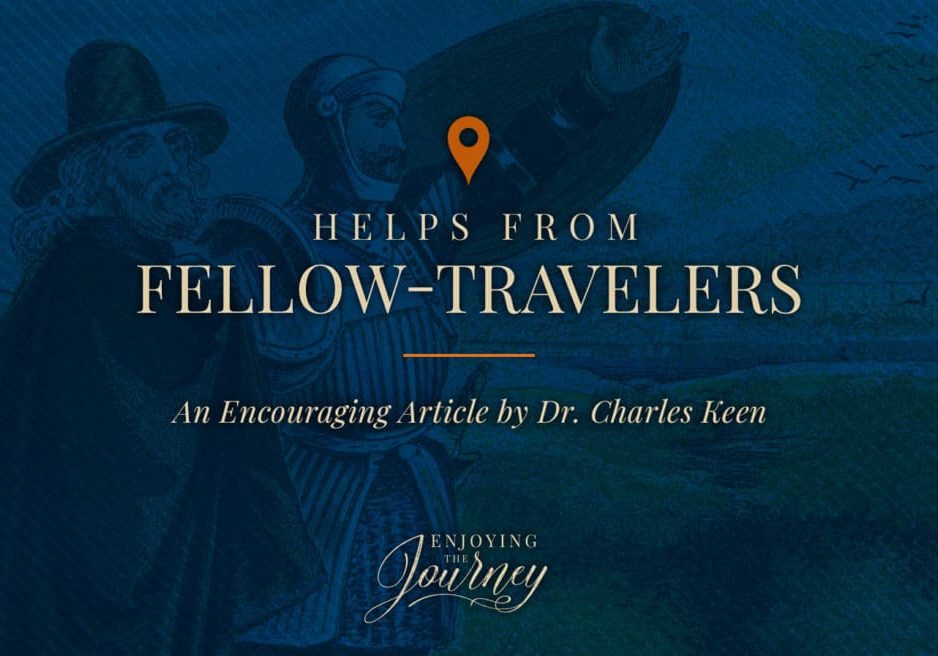The last few months have been filled with a great deal of conjecture about the last days. Discussion about the blood moons and speculations of the apocalypse have filled books and consumed the internet. What are we to believe?
Recently a very sincere young man came to my office full of questions. Perhaps he expected me to have all the answers. I didn’t. The truth is that no one knows the answer to the one question that matters – when is Christ coming? Permit Him to speak for Himself, “It is not for you to know the times or the seasons, which the Father hath put in his own power” (Acts 1:7). No one knows.
What we do know for sure is that Jesus is coming soon! A great danger in so much of the current conversation is the tendency for people to start looking for the anti-christ when we should be looking for Christ. God’s people should not be watching for the world to come apart; they should be watching for their Lord to come! Any sign of end time happenings should make us realize that the coming of Christ for His church, the next thing on God’s agenda, is that much sooner.
Here are three simple guidelines I have tried to follow as I read about end time predictions. They serve as tests of truthfulness.
- True prophecies always line up with Scripture. If someone writes something and it has not been plainly revealed in the Word of God, refuse to stake your faith on it. As surely as we must not fall short of God’s Word, our ideas and imagination must never move beyond it (Revelation 22:18-19). I don’t know all about the blood moons or every detail of the Middle East movements, but I do know that it is unwise to be adamant where Scripture is not clear.
- True prophecies always exalt the Lord Jesus Christ. It is interesting how many prognosticators want to speak of events with no mention of the person of Christ. Revelation 19:10 declares, “…worship God: for the testimony of Jesus is the spirit of prophecy.” Truth leads to worship. Any word that brings glory to man is not the Word of God. Don’t lose the spirit of prophecy in the details of it. It is the Spirit of Jesus that makes all the difference.
- True prophecies always lead to holy living. After a declaration about the coming of Christ, 1 John 3:3 says, “And every man that hath this hope in him purifieth himself, even as he is pure.” Prophecy is not for entertainment. It is not to sell books or make celebrities. Prophecy is not to satisfy curiosity. It is to motivate us to be more like Christ. When men can discuss the end time and continue living like time will go on forever they have missed the point.
Thoughts of the end time should drive us deeply into God’s Word, closer to Christ, and further toward being the people He saved us to become.
Will this be the month that terrible things happen? I have no idea. What I do know is that today may be the day that the most wonderful thing happens…today may be the day of the Lord’s return. “Wherefore comfort one another with these words” (1 Thessalonians 4:18).







Reblogged this on Sojourner in Asia.